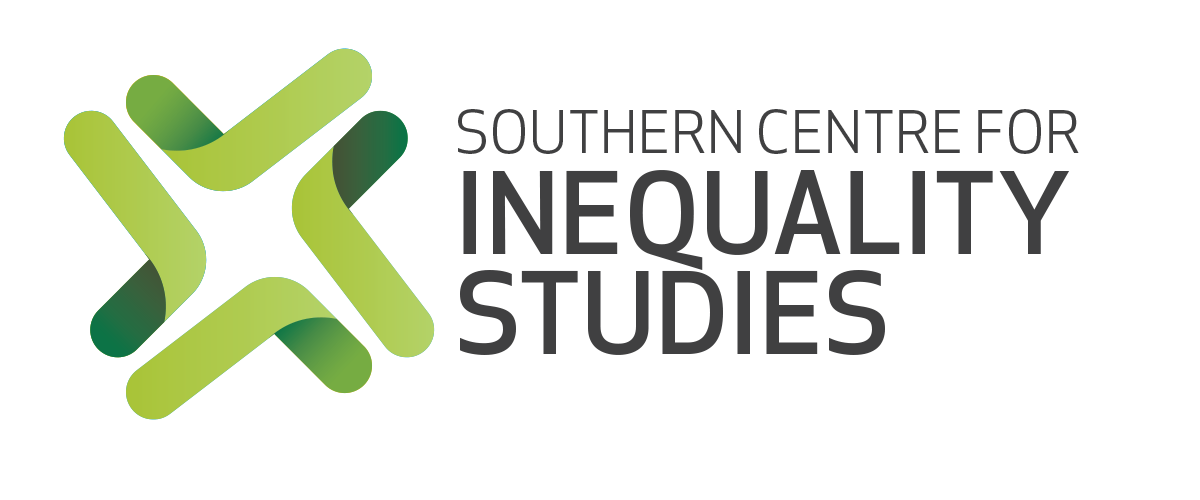Today we speak to Dr. Nomfundo Xenia Ngwenya from the Southern Centre for Inequality Studies (SCIS).
Explain the nature of your work and/or how it relates to inequality
Apartheid deliberately perpetuated inequality based on race. The Black Economic Empowerment project will analyse why inequality has persisted despite economic empowerment policies being enacted in post-apartheid South Africa. It will also consider how a re-conceptualisation of black economic empowerment could take us closer to effective inequality reduction.
Why do you think inequality remains such an intractable social and economic problem?
The spatial design of South Africa historically insulated the affluent parts of society in suburbia from the realities of the majority. This has not changed much post-apartheid and it might take a crisis like COVID-19 for us to realise how intertwined our social and economic futures are.
What continues to keep you engaged in your work or areas of research?
I grew up and continue to live in a deeply unequal society. No matter how much I may prosper individually, my immediate environment will always remind me that I cannot disengage from research that seeks to create a more equitable society.
What is one thing your field is not focusing on that it should?
My field is Political Economy and there is insufficient research on the link between domestic socio-economic objectives and the participation of African countries in regional and global multilateral finance institutions. These institutions are not only critical sources of development finance, but also of development thinking. Africa’s participation should be informed by a clear agenda to influence this thinking towards interventions that will reduce global and domestic inequality.
Who are some academics (in your field or otherwise) whose work you follow closely? Why?
Andrew F Brimmer, for the way in which he balanced academic rigour and practical solutions, based on his experience on the Board of Governors of the Federal Reserve. I am also drawn to his writings in the later years of his life, where he deconstructed ‘big topics’ like free trade and banking and applied them to the daily lived realities of blacks and black businesses.
Access to good education had a transformative effect on the trajectory of my life. Therefore, Cecilia Rouse’s writings on the economics of education resonate with me.
What books are you currently reading?
Upheaval by Jared Diamond on how nations cope with crisis and change and The Asian Aspiration by Greg Mills. Both books are relevant for a paper I am writing on how countries have historically responded to economic and health crises, and the lessons for South Africa. I am also reading Executive Outcomes by Eeben Barlow and The Super Afrikaners by Ivor Wilkins and Hans Strydom. The latter is also relevant to the BEE project since it is essentially a history of Afrikaner economic empowerment.
Complete the sentence: “The first thing I do each morning once I get up is …”
… think of the things that give me pleasure and the things that irk me…then plot to get rid of the latter.
If you are interested in her work, please contact her at: nomfundo.ngwenya@wits.ac.za
This is an ongoing series of interviews with prominent academics and researchers.

